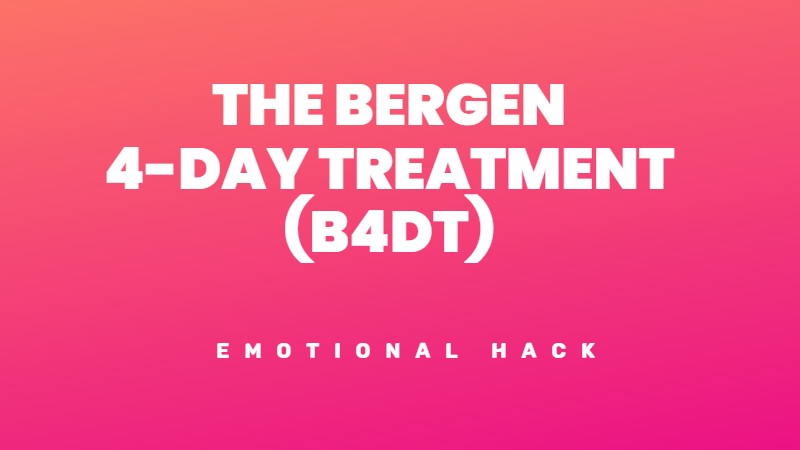Psychologists have conducted numerous studies and experiments over the decades to understand what truly makes us happy. From giving to others to practising gratitude, the field has explored various paths to happiness. However, the replication crisis in psychology has cast a shadow of doubt over many of these findings, prompting researchers to re-examine the evidence with a more critical eye. As the dust settles, a clearer picture emerges of the strategies that consistently lead to happiness.
The replication crisis in psychology has been a wake-up call for the field, revealing that many studies were unreliable and unrepeatable. This realization has led to a closer examination of psychological research methods, including those used in the study of happiness. In a recent analysis published in the Annual Review of Psychology, researchers Elizabeth Dunn and Dunigan Folk sought to determine which paths to happiness have stood the test of time and rigorous re-evaluation.
By focusing on preregistered studies, where researchers publicly declare their analysis plans before conducting experiments, Dunn and Folk narrowed down the vast field of happiness research to 48 published papers. Even this small number is encouraging, as it demonstrates the adoption of practices aimed at enhancing research reproducibility.
Upon further examination, it appears that when happiness studies were re-evaluated in light of the replication crisis, only a few key findings consistently held up under scrutiny. Three of the most robust and well-supported paths to happiness are:
Interestingly, some well-known happiness strategies, such as spending time in nature, meditation, volunteering, and performing random acts of kindness, have not yet met the strict standards set by Dunn and Folk in their analysis. However, this does not necessarily mean that these approaches are ineffective. Rather, it suggests that more preregistered studies are needed to confirm their benefits.
As the field of psychology undergoes a renaissance, with more researchers preregistering their studies, the understanding of what truly contributes to happiness is likely to expand and evolve. While the replication crisis has challenged some long-held beliefs about happiness, it has paved the way for a more robust and reliable understanding of the factors contributing to our well-being.
The pursuit of happiness is an ongoing journey, and the replication crisis in psychology has taught us the importance of rigorous, well-designed studies in guiding our path. As we navigate this new era of happiness research, we can take comfort in knowing that practising gratitude, engaging in acts of kindness, and nurturing our social connections are proven strategies for finding joy and contentment in our lives.




Hinterlasse ein Feedback zu diesem Thema